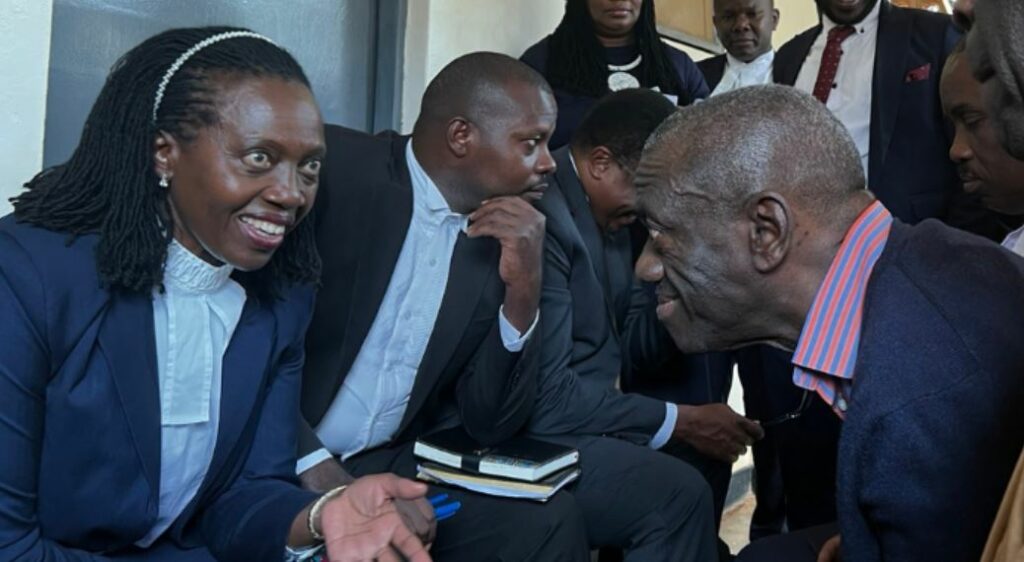
The dealers filed the petition in February following a gas explosion in Embakasi, which caused 10 fatalities and over 300 injuries.
RELATED – Embakasi Gas Plant Explosion: Owner and Employee Charged with Manslaughter
In their legal challenge, the LPG dealers argued that the directive infringes on their constitutional right to privacy, particularly regarding the protection of confidential business operations and trade secrets. They contended that the Energy Act and the Petroleum Act lack specific provisions that require proof of installation of CCTV cameras, which must be intrinsically safe, non-obscured, and accessible to the authority via a web-based portal.
In response, EPRA cited Section 11(e) of the Energy Act, 2019, arguing that it had directed certain LPG dealers and storage facilities to comply with the Petroleum (Liquefied Petroleum Gas) Regulations, 2019. The regulator further clarified that the implementation of CCTV installation requirements is being done in phases and that all licensed LPG storage and filling facilities had been formally notified.
EPRA defended the directive, stating that it was lawful and aimed at ensuring compliance with legal requirements. The regulator emphasized that the directive was not intended to harm LPG dealers but was instead designed to protect the public from hazardous LPG cylinders entering the market while ensuring the proper execution of EPRA’s mandate.
Public Safety Concerns
The authority also highlighted the significant safety risks involved in the storage and filling of LPG cylinders, pointing to the increasing cases of unauthorized refilling and accidents. EPRA argued that such businesses need close surveillance, monitoring, and oversight to guarantee public safety.
Justice John Chigiti dismissed the petition, stating that it had been filed in the wrong forum. The judge explained that the case should have initially been brought before the Energy and Petroleum Tribunal, and the dealers failed to prove that the tribunal was inaccessible or unable to offer redress.
Justice Chigiti further emphasized that the CCTV camera requirements were intended to achieve statutory goals. He stated that disputes related to such safety measures should be resolved through alternative dispute resolution mechanisms and noted that Section 36 of the Energy Act provides that the tribunal is accessible, has the authority to issue various orders, including injunctions, and must hear and resolve cases expeditiously.








